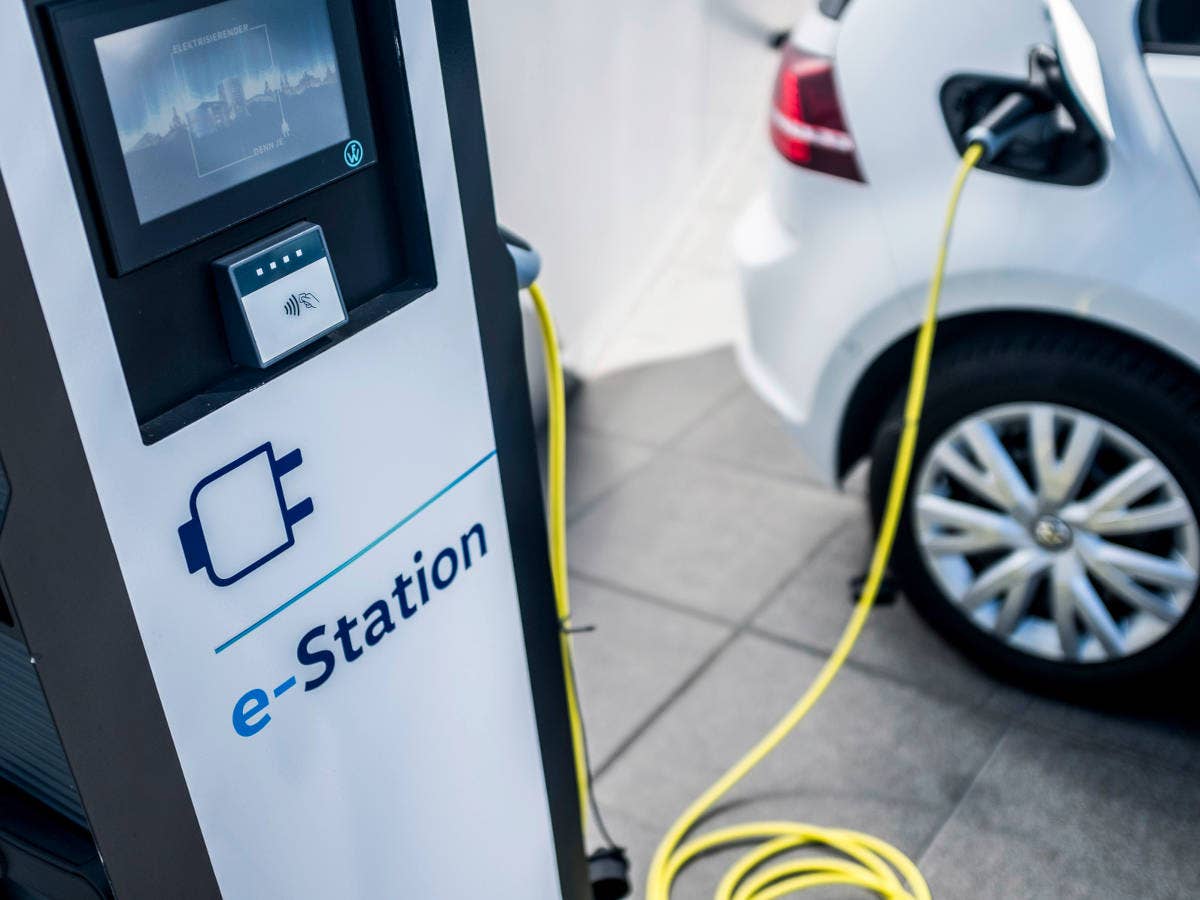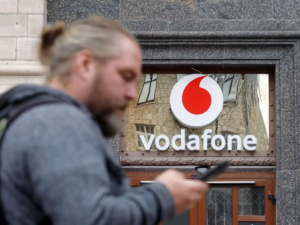The desired boom in e-cars, heat pumps and photovoltaic systems could pose a challenge for Germany’s power grid. In order not to lose control, the Federal Network Agency wants to temporarily restrict the power grid in the event of imminent failures.

We’ll tell you.
“If so many new heat pumps and charging stations continue to be installed, then local power failures in the distribution network are to be feared if we don’t act,” explains the President of the Federal Network Agency, Klaus Müller, to the Frankfurter Allgemeine Sunday newspaper . According to reports, the power supply of charging points in the private sector and heat pumps will be rationed temporarily, but not completely. The Federal Network Agency thus wants to be given the option “to intervene in a controlling manner in order to be able to maintain secure network operation”.
CONTAIN CURRENT WITH LIMIT
Müller said: “There will definitely not be a complete curtailment. We want to guarantee a minimum supply at all times.” Despite everything, affected households will continue to receive electricity for their charging points, but only to a limited extent. This should be enough to charge the battery of the all-electric vehicle in three hours for a range of 50 kilometers.
Private households don’t have to freeze, for them it goes on: “For a large number of heat pumps” “almost trouble-free continued operation” should remain possible. According to Eon board member Thomas König, the applications for new systems should go “through the roof”. In 2021 alone, the energy source registered around 100,000 new charging stations for electric cars. According to Heise Online , network operators have been insisting on “peak smoothing” for a long time. This means that e-vehicles or storage systems in the home would mostly draw less electricity from the grid in the early evening hours.
In addition, it should be possible to interrupt the charging of an electric car for one to two hours. The Federal Ministry of Economics wanted to anchor such a model in the Energy Industry Act. The traffic light coalition thus pushed through the model last year. Since then, the regulator has been supposed to rely primarily on “market-oriented flexibility approaches” for “network-oriented control” in order to ensure stability.
CHARGING CURRENT BRAKE: THE CAR INDUSTRY FEARS PLANS
“If charging at home were only possible to a limited extent, there would be a significant loss of convenience,” says Hildegard Müller, President of the German Association of the Automotive Industry (VDA). This approach reduces the chances of making the switch to e-mobility suitable for people. According to estimates by the consulting firm Oliver Wyman, Germany would have to invest between 100 and 135 billion euros to equip the distribution grids for transformation.


